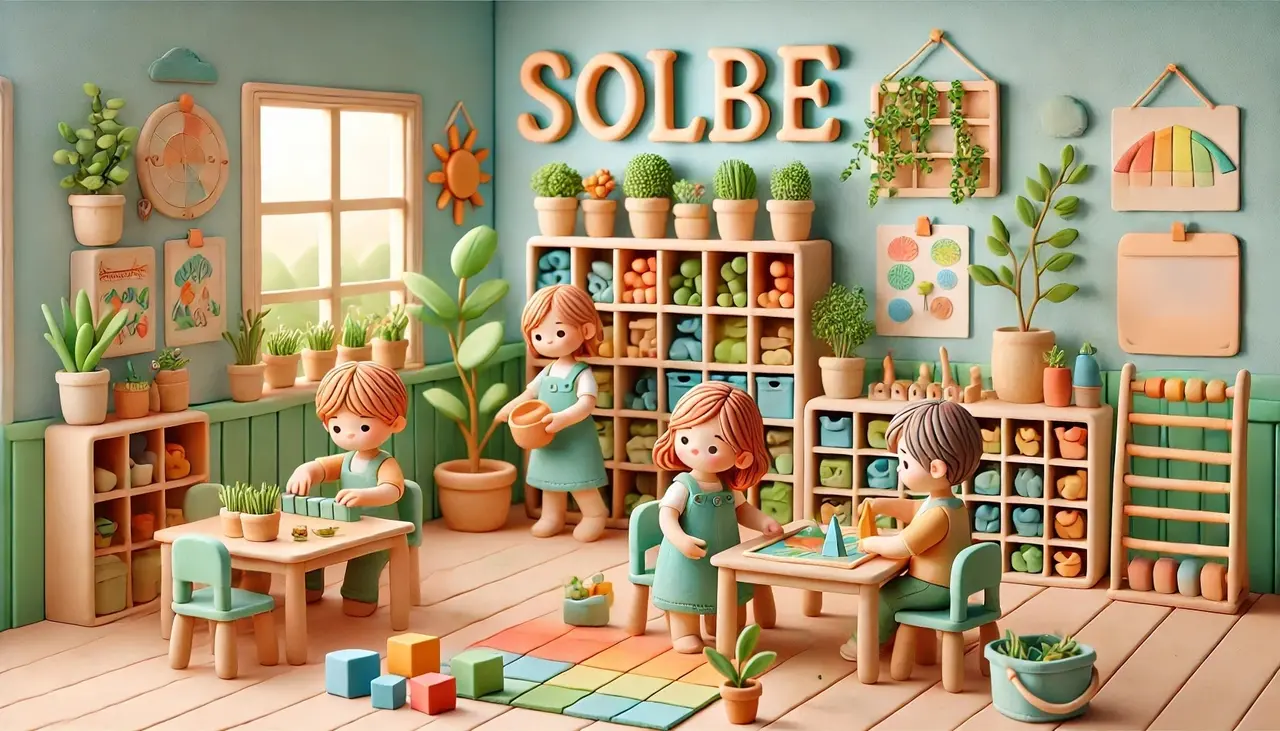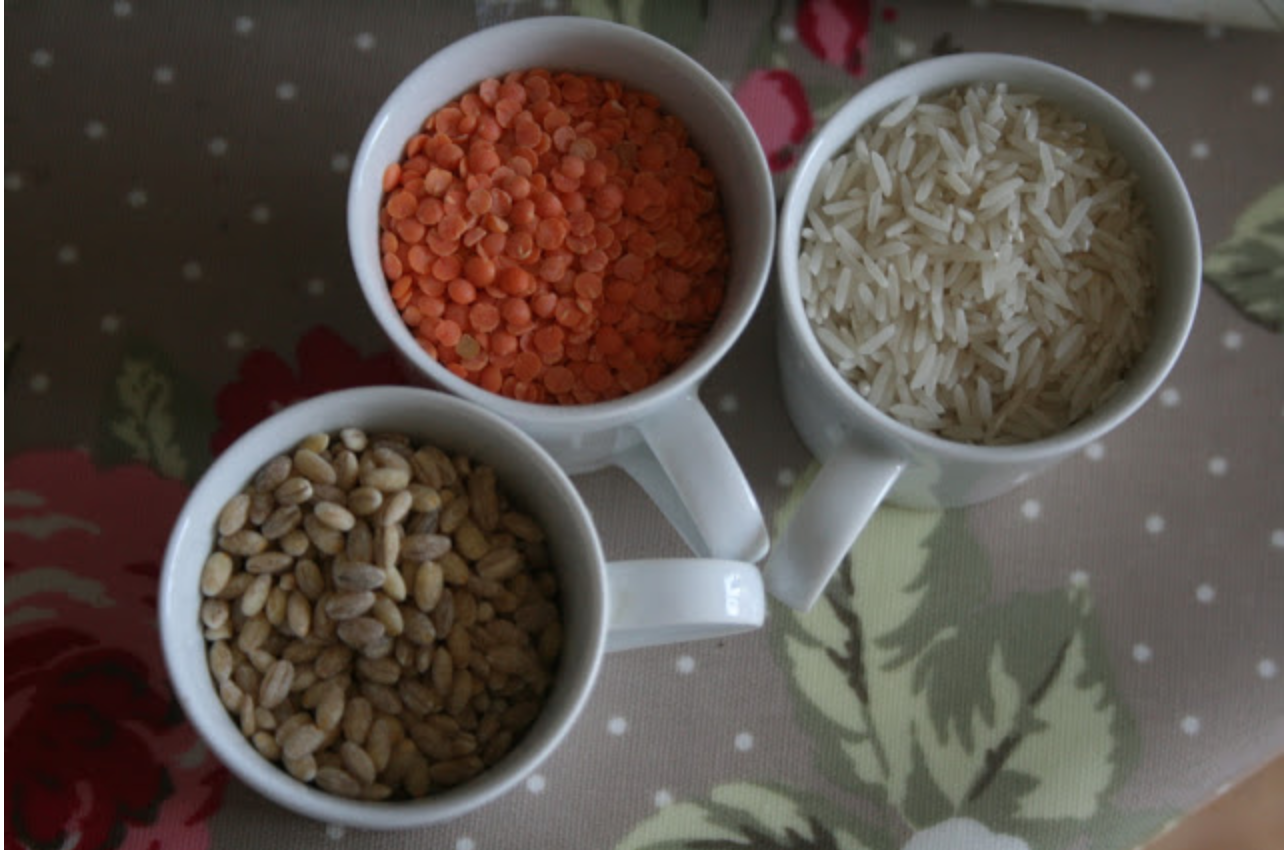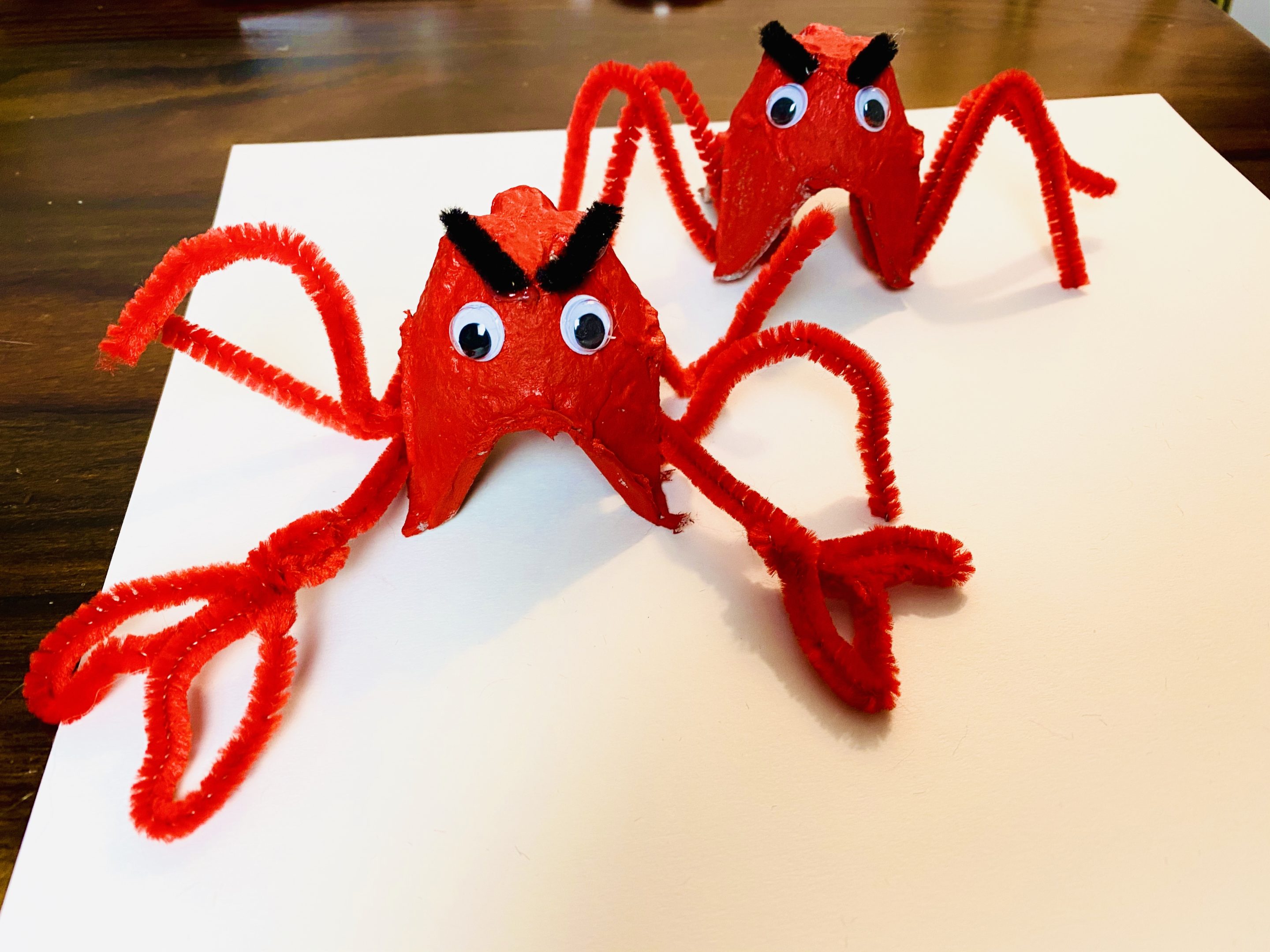The Truth about Parenting: Being a Thriving Parent

“We do what we can with the knowledge we have. No form of parenting is the “right” one.” What You’ll Learn Is there a “right” way to parent? What are parenting styles, and why are they important to consider? What is a thriving parent, and how can I be one? I was going to start this post by alluding to the fact that there was a “right” way to parent and then telling you there isn’t one. Instead, I’ve decided to tell you right off the bat that being a parent is complicated – something you already knew – and I am not going to waste your time by tricking you into thinking there is one form of parenting that beats all the rest. Here’s what I will tell you: Parenting, unfortunately, is not a science. There are too many variables (e.g. parental upbringing, cultural differences, the needs of the child, etc.) to argue that there is one way to parent a child. That said, I do believe there are certain parental qualities and effective parenting strategies that can benefit your child and make this experience a little easier – I say “a little” because parenting is complex and there will always be challenges to overcome.
Parenting Styles
Let’s start by identifying the four common parenting styles, according to psychologist Diana Baumrind:
- Authoritative: Parents are demanding, but also warm and accepting
- Authoritarian: Parents are demanding, as well as cold and unaccepting
- Permissive: Parents are warm and accepting, but also undemanding
- Neglectful: Parents are cold and unaccepting, as well as neglectful
While these common parenting styles are useful to consider, and research has demonstrated the effectiveness of authoritative parenting (Kritzas & Grobler, 2009), many parents put themselves under extreme pressure to follow this authoritative approach. As I mentioned before, parenting is not a science, and no parent can be (or should be) expected to follow one parenting style all the time. Even Dr. Becky, a renowned parenting expert, argues that good parents are not perfect. Ideally, your parenting style should encompass strategies and attitudes you want to employ that coincide with your child’s personality, strengths, and areas of growth. Realistically, however, your approach to parenting will be imperfect, and that is okay. Do your best and trust yourself to be the parent your child needs you to be.
Being a Thriving Parent
To thrive refers to the ability to prosper or to flourish over time, usually within the appropriate context. Instead of pressuring yourself to become a perfect parent, I encourage you to be a thriving parent – a person who accepts parenting as an ongoing process and allows themselves the time to learn and grow as a parent. Here are ways to continue to thrive as a parent:
- Allow yourself to make mistakes: You are human and you are trying your best.
- Practice self-reflection: Take the time to figure out if what you are doing is working.
- Take action and make a change: Don’t be afraid to change your parenting approach, and recognize that flexibility is key.
- Seek guidance and partnership: Did you know research has found that young children benefit from being raised by a group of people versus one or two?
- Act and live your values: Your child will learn by watching how you live.
- Build a relationship in which your child feels understood, accepted, and loved: Secure attachments serve the functions of safety, emotional security, and learning.
- Use effective parenting strategies that suit you and your child: E.g. consistency, love, support, setting realistic expectations, mutual respect, active listening, and socialization
Empowering Takeaways
- The “right” way to parent is whatever “right” means for you and your child
- One challenging moment or mistake does not define you as a parent
- Thriving parents are not perfect; they accept imperfection and take the time and space they need to grow
- Be vibrant and keep thriving!
This article was last reviewed or updated on September 15, 2023. About the author: Rebecca is the Head of Family Empowerment and Student Success at SolBe Learning. Rebecca has worked in the field of early education for six years, with a passion to support the optimal development of young children and families.
Related Articles
Explore our latest insights and resources.

Using Your Voice Effectively: Intentional & Positive Phrases to Use With Your Child

Work and Family: 7 Strategies to Find Balance as a Parent

Understanding and Supporting Early Childhood Mental Health

Understanding and Monitoring Developmental Milestones

The Value of Process-based Learning

The Truth about Parenting: Being a Thriving Parent

The Curious & Creative Classroom

Social-Emotional Learning: Five Competencies and How to Teach Them at Home

Social Emotional Learning Part Five: Teaching Growth Mindset to Inspire Change

Social-Emotional Learning Part Three: Teaching Friendship to Inspire Change

Social Emotional Learning Part Two: Teaching Acceptance to Inspire Change

Social Emotional Learning Part Six: Teaching Empathy to Inspire Change

SEL: Parent Social-Emotional Competence & Well-Being

Social Emotional Learning Part Four: Teaching Respect to Inspire Change

Reflective Learning: 10 Meaningful Questions to Replace “How Was School Today?”

Prosocial Behavior: Strategies to Model, Practice and Praise

Ranking Boston Area Private Schools: Finding The Best Programs For Your Children

Prosocial Behavior: Encouraging Your Child To Practice Gratitude

Play is Work and Work is Play

Preparing a Learning-rich Environment

Nurturing Brain Development During the Window of Opportunity

Exploring Spanish Language Learning Through Play-Based Activities

Early Intervention: Identifying Support for Children Birth to Age Three

Developmental Screening: Acting Early and Advocating for Your Child

Daily at Home Project: Red House – Fun For All Greatest Hits & More

Daily at Home Project: Rainbow Painting and Make Your Own Ice Cream

Daily at Home Project: Pots, Pans, Colors & Rainy Day Brownies!

Daily at Home Project: Lid Matching and Animal Washing Station

Daily at Home Project: Making Music with The Very Noisy Bear

Daily at Home Project: Fine Motor Activities and Let's See Where a Dot Can Take You!

Daily at Home Project: Crazy Art from Silvana Carpio

Daily at Home Project: Baby Treasure Basket and Rocks of Hope

Daily at Home Project: Colander Pipe Cleaner and Pipe Cleaner Bubble Wands

Daily At-Home Project: Mix and Match Faces

Daily At-Home Project: Homemade Binoculars for Little Explorers!

Daily At-Home Project: Gratitude Jar

Daily At Home Project: Veggie Paint Making From Marlo
Stay Updated with SolBe
Join our newsletter for the latest insights and exclusive content on early learning and childcare.































































